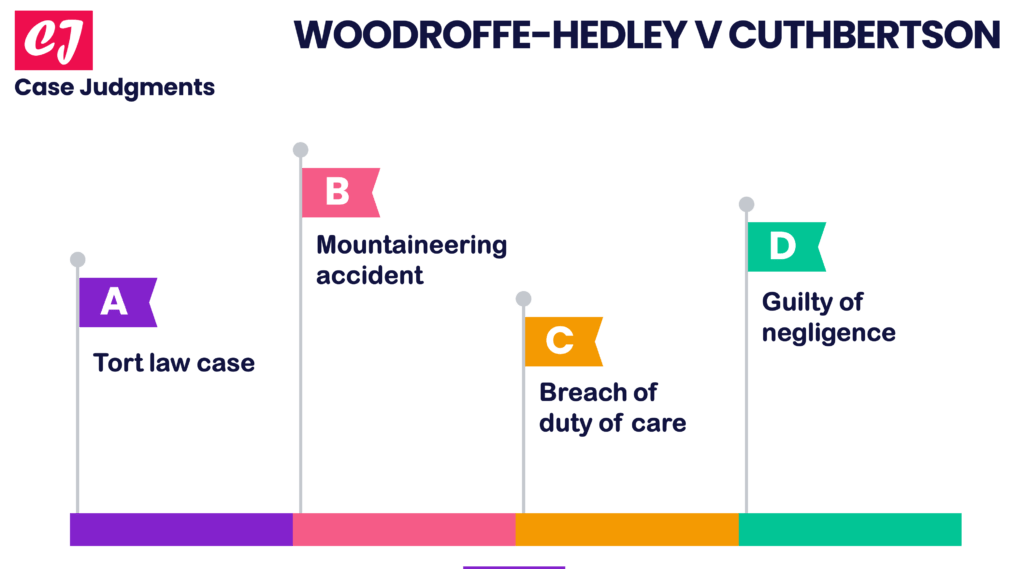
Wright v Cambridge Medical Group [2011]
Wright v Cambridge Medical Group [2011] is a tort law case concerning clinical negligence. Here, the question arose as to whether a negligent delay by a GP in referring an infant to a hospital was a causative factor in the child’s injuries where the subsequent treatment at the hospital was inadequate.
Given below are the case details.
| Case name & citation: Wright v Cambridge Medical Group [2011] EWCA Civ 669 |
| Court and jurisdiction: Court of Appeal (Civil Division), England & Wales |
| Year of the case: 2011 |
| The bench of judges: Lord Neuberger MR, Lord Justice Elias, Dame Janet Smith |
| Area of law: Causation; negligence |
Facts of the case (Wright v Cambridge Medical Group)
The claimant’s GP, who worked for the defendants’ partnership of general medical practitioners, was contacted by the claimant’s mother over the phone. He then failed to see the claimant or refer her to a hospital, as (the defendants admitted) he should have done. The claimant, who was 11 months old at the time, was actually suffering from a bacterial super-infection that she got during an earlier visit to the hospital for chicken pox treatment.
She was ultimately referred to the hospital two days later. However, once there, she received insufficient medical care, which would almost certainly have been considered a breach of duty had the hospital been included as a defendant in the action, which it was not. The claimant subsequently sustained permanent injuries.
The claimant brought a claim against the defendants’ partnership on grounds of clinical negligence. It was claimed that the GP was negligent in not referring the claimant to a hospital when they should have done. Delay in such referral resulted in the claimant’s eventual injury.
Even though the defendants admitted to being negligent in not referring the claimant to the hospital on time, they denied liability for the permanent damage.
What was the issue?
The question before the court was, therefore, whether the GP’s breach of duty was the cause of the claimant’s eventual injury.
Who was to be held liable: GP or the hospital? (It may be noted that no proceedings were brought against the hospital in this case.)
The Court had to evaluate whether the hospital’s inadequate care broke the chain of causation between the defendant’s breach of duty and the claimant’s injury.
The initial decision
The trial judge held that it would be reasonable to conclude that even a timely referral would have made no difference to the claimant’s situation because the hospital would have treated her inadequately, resulting in her injuries occurring in any event. Had the hospital treated her properly, she would very probably have made a full recovery.
The claimant appealed this decision.
Judgment of the Court in Wright v Cambridge Medical Group
The Court of Appeal allowed the claimant’s appeal and found the defendants liable in full for the claimant’s permanent damage. It held that the negligence of the defendant was a causative factor of the claimant’s permanent injury.
The judge stated that the hospital’s failure to appropriately treat the claimant after she was admitted was not significant enough to warrant a conclusion that it broke the chain of causation between the negligence of the defendant and the claimant’s injuries.
List of references:
- https://media.bloomsburyprofessional.com/rep/files/9781849463317sample.pdf
- https://vlex.co.uk/vid/clarice-louise-wright-v-793939925
You might also like:
More from tort law:

